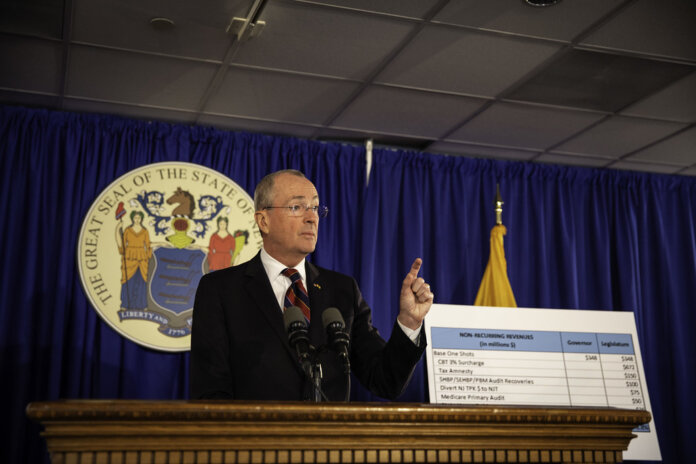The New Jersey Board of Public Utilities (NJBPU) has approved the expansion of its Clean Fleet Electric Vehicle Incentive Program, a $7 million program offering grants for public entities to purchase electric vehicles (EV) and related charging infrastructure.
The modifications approved include an increase in award caps and are aimed at boosting the program’s reach and effectiveness as the state endeavors to reach Gov. Phil Murphy’s goal of transitioning at least 25% of state-owned, non-emergency light duty vehicles to plug-in EVs by December 31, 2025.
“Transportation is responsible for 46 percent of New Jersey’s net greenhouse gas emissions, which contribute to the damaging effects of climate change and poor air quality in our communities,” says Joseph L. Fiordaliso, NJBPU’s president.
“Electrifying our transportation sector is critical to achieving Governor Murphy’s goal of 100 percent clean energy by 2050, and requires a collective effort at the state and local level. By expanding the Clean Fleet Electric Vehicle Incentive Program we are providing more opportunities for local and state government entities to upgrade their fleets and infrastructure while participating in the clean energy revolution.”
The program, initially introduced in 2019 as a $210,000 pilot program funded through the U.S. Department of Energy, allows local and state government entities to apply for up to two $4,000 grants toward the purchase of battery EVs and one $1,500 grant toward the purchase of a Level 2 EV charging station. In June 2021, New Jersey’s Clean Energy Program allocated a total of $7 million for FY 2022, dedicating $6 million for use by state entities and $1 million for local governments.
Eligible entities include local schools, municipal commissions, state agencies or boards, state commissions, state universities, community colleges and county authorities in addition to municipalities, municipal utility authorities and state agencies.
The approved modifications for the FY 2022 program are effective on August 28, 2021 and include increased vehicle caps for local governments, local entities and local schools. For those serving a population over 20,000, the vehicle cap will increase from two vehicles to five vehicles. For those serving a population over 50,000, the vehicle cap will increase from two vehicles to seven vehicles. For state government, state agencies, boards, commissions, state universities and counties as well as local governments serving a population over 100,000, the vehicle cap will increase from two vehicles to ten vehicles.
The increased charging station caps for local governments, local entities and local schools serving a population over 20,000 will increase from one Level 2 EV charging station to two. For state government, state agencies, boards, commissions, state universities and counties as well as local governments serving a population over 50,000, the charging station cap will increase from one Level 2 EV charging station to four.
The Electric Vehicle Act of 2020 mandates that 25% of state-owned non-emergency light-duty vehicles shall be electric by 2025, moving to 100% by December 31, 2035. In addition to lower emissions, EVs offer significant cost savings over traditional gas-powered vehicles since they are cheaper to fuel and require less maintenance as a result of fewer moving parts. Murphy has set a goal of registering 330,000 EVs in the state by 2025 as part of New Jersey’s transition to 100% clean energy.
Photo licensed under CC BY-NC 2.0





